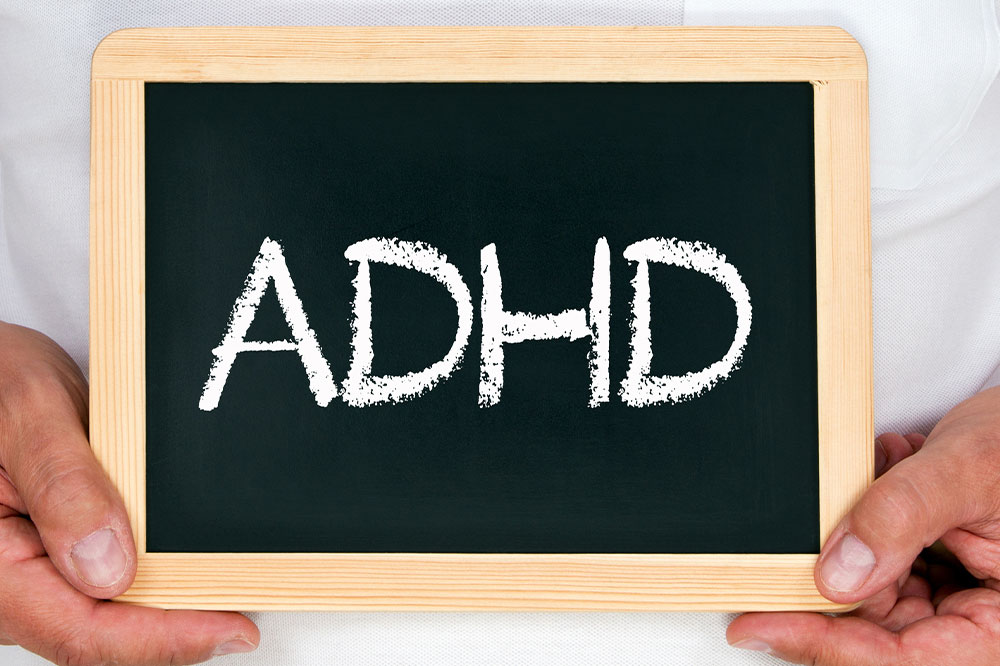Comprehensive Guide to Co-Occurring Disorders: Causes, Challenges, and Effective Treatment Options
This comprehensive guide explores the causes, challenges, and effective treatment strategies for co-occurring disorders, emphasizing integrated care to improve recovery outcomes. It highlights early diagnosis, multidisciplinary approaches, and holistic support systems essential for managing dual diagnosis conditions successfully.

Comprehensive Guide to Co-Occurring Disorders: Causes, Challenges, and Effective Treatment Options
Co-occurring disorders, often referred to as dual diagnosis, represent a complex intersection of mental health conditions and substance use issues occurring simultaneously. These conditions frequently go hand-in-hand, with mental health disorders such as depression, bipolar disorder, anxiety, or schizophrenia overlapping with substance addiction, including alcohol, opioids, stimulants, or other drugs. Managing these interconnected issues necessitates an integrated, multidisciplinary approach that addresses both the mental health and addiction components concurrently. Failing to recognize or treat one aspect can significantly hinder recovery and increase risk factors, including suicidal ideation, health deterioration, and social setbacks.
Understanding the nature of co-occurring disorders is essential for both healthcare providers and affected individuals. It’s important to note that substance use can often be a coping mechanism for mental health symptoms, while substance abuse can exacerbate mental health challenges, creating a cycle that complicates diagnosis and treatment. Early detection is critical, as untreated dual diagnosis can lead to worsening symptoms, increased hospitalization rates, and deteriorating quality of life.
Causes and Risk Factors of Co-Occurring Disorders
The origins of co-occurring disorders are multifaceted, involving genetic, environmental, and psychological factors. Family history of mental health issues or addiction can increase susceptibility. Traumatic experiences, such as abuse, neglect, or significant life stressors, frequently contribute to both mental health problems and substance use. Socioeconomic challenges, peer pressure, and lack of access to quality healthcare can also influence the development of dual diagnosis conditions. Biological factors, including neurochemical imbalances, play a role in both mental health disorders and addiction pathways, underscoring the importance of comprehensive treatment plans.
Challenges in Diagnosing Co-Occurring Disorders
One of the significant hurdles in managing dual diagnoses is accurate and timely diagnosis. Symptoms of mental health issues and substance use often overlap, making it difficult to distinguish between the two. Additionally, individuals might hide or underreport substance use due to stigma or denial. Healthcare providers require specialized training to identify signs of dual disorders and employ validated screening tools during assessments.
Effective Treatment Strategies for Co-Occurring Disorders
Successful management of dual diagnosis hinges on integrated treatment approaches that simultaneously address both conditions. Treatment typically involves a combination of therapies, medication management, and support systems tailored to the patient’s unique needs. The cornerstone of effective care is an integrated program where mental health professionals and addiction specialists collaborate, ensuring coordinated treatment plans.
Pharmacotherapy plays a vital role, with medications used to stabilize mood, reduce cravings, or manage symptoms of mental health conditions. Psychotherapy, such as cognitive-behavioral therapy (CBT), dialectical behavior therapy (DBT), and motivational interviewing, provides essential tools to help individuals develop coping skills, process trauma, and avoid relapse. Support groups and peer counseling foster a sense of community and shared understanding, which can be pivotal in sustaining long-term recovery.
The Importance of a Holistic and Patient-Centered Approach
Effective treatment must be comprehensive, addressing physical health, mental health, social determinants, and lifestyle factors. Building a strong therapeutic alliance between healthcare providers and patients encourages open communication and adherence to treatment plans. Continuous monitoring and adjustments are necessary to respond to evolving needs. Family involvement can be invaluable in supporting recovery, providing stability, and preventing relapse. Furthermore, integrating vocational training, housing support, and educational resources can facilitate sustainable independence.
Recovery from co-occurring disorders is usually a gradual process requiring patience, perseverance, and resilience. Early intervention combined with ongoing support significantly improves the prognosis and enhances the overall quality of life for affected individuals. Remember, with the right support, individuals can lead fulfilling, productive lives beyond their dual diagnoses.





